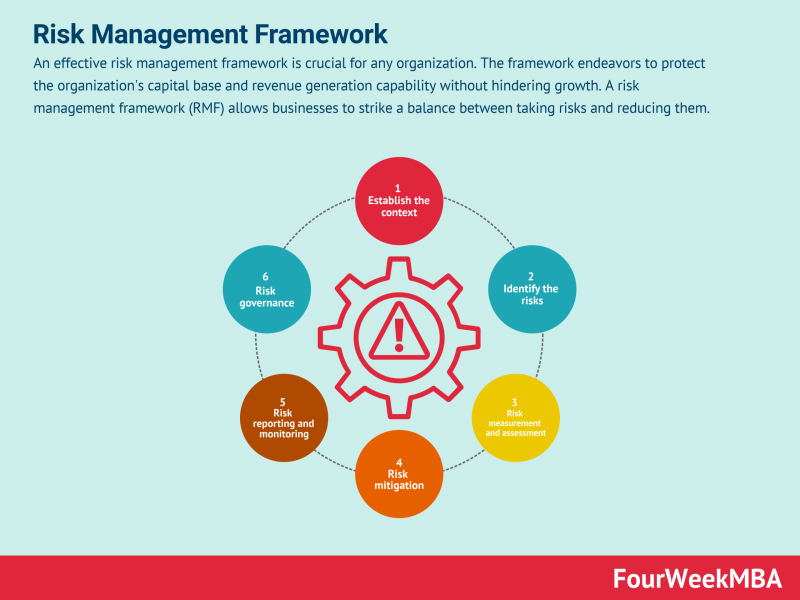In today’s fast-paced and competitive business environment, the key to success lies in effective cash flow management. Cash flow is the lifeblood of any business, as it determines the ability to pay bills, invest in growth, and weather economic downturns.
Understanding Cash Flow Management
Cash flow management is the process of monitoring, analyzing, and optimizing the flow of money in and out of a business. It involves tracking income and expenses, managing accounts receivable and accounts payable, and forecasting future cash needs.
By actively managing cash flow, businesses can ensure they have enough liquidity to cover operational expenses, invest in new opportunities, and meet financial obligations. Without proper cash flow management, a business may struggle to stay afloat and face potential bankruptcy.
The Benefits of Effective Cash Flow Management
There are several benefits to implementing a robust cash flow management strategy in your business:
1. Improved Financial Stability
By staying on top of cash flow, businesses can better predict and manage financial fluctuations. This, in turn, leads to greater stability and resilience in the face of economic challenges.
2. Increased Profitability
Optimizing cash flow can help businesses reduce unnecessary expenses, identify revenue opportunities, and maximize profitability. By maintaining a healthy cash flow, businesses can reinvest profits back into the business and fuel growth.
3. Enhanced Decision-Making
Accurate and up-to-date cash flow information empowers businesses to make informed decisions about investments, expenditures, and strategic initiatives. By having a clear picture of their financial position, businesses can act decisively and confidently.
Best Practices for Cash Flow Management
Implementing effective cash flow management starts with adopting best practices that prioritize financial health and sustainability:
1. Create a Cash Flow Forecast
Develop a comprehensive cash flow forecast that outlines expected income and expenses over a specified period. This forecast will help you anticipate cash flow gaps, plan for seasonal fluctuations, and make informed financial decisions.
2. Monitor Cash Flow Regularly
Review and update your cash flow statement frequently to track incoming and outgoing cash. Monitoring cash flow in real-time allows you to identify potential issues early and course-correct as needed.
3. Manage Accounts Receivable and Payable
Implement clear terms for invoicing and payment to ensure timely collections from customers. Additionally, negotiate favorable payment terms with suppliers to optimize cash flow and maintain positive vendor relationships.
4. Maintain a Cash Reserve
Set aside a portion of cash reserves to cover unexpected expenses or emergencies. Having a financial cushion allows businesses to weather economic downturns and avoid cash flow disruptions.
Conclusion
Cash flow management is a critical component of business success, as it directly impacts financial stability, profitability, and decision-making. By implementing best practices and staying proactive in monitoring cash flow, businesses can strengthen their financial health and position themselves for long-term growth and prosperity.


